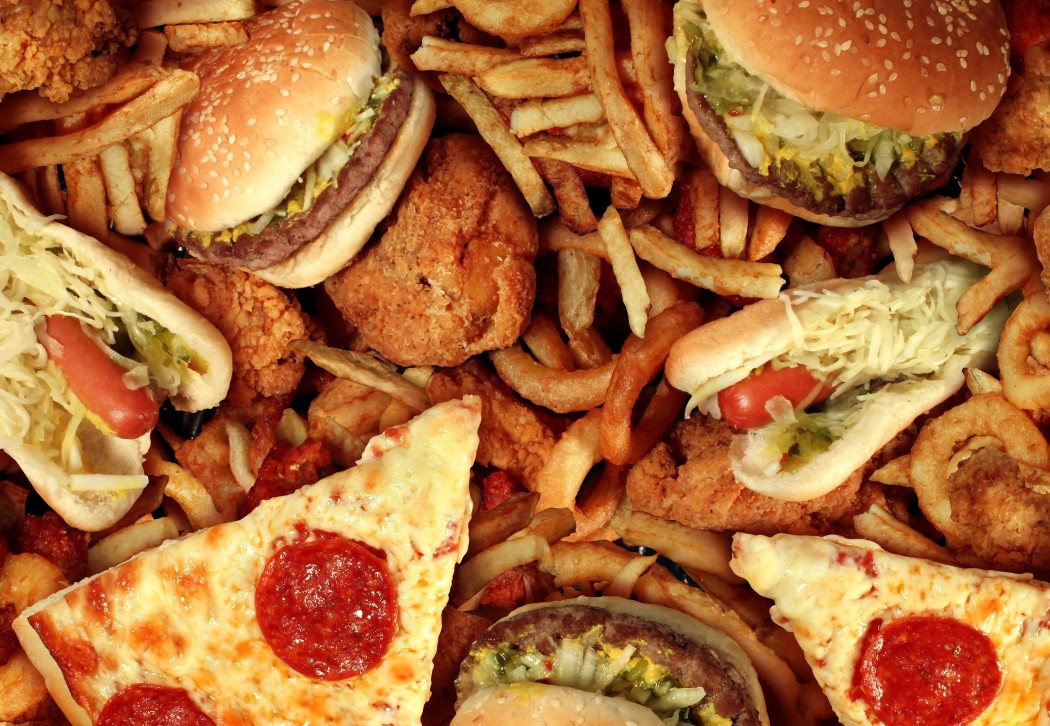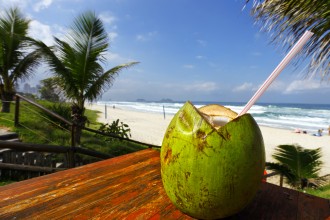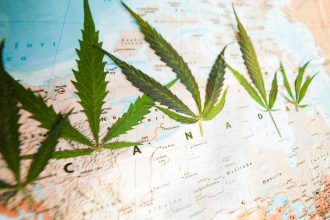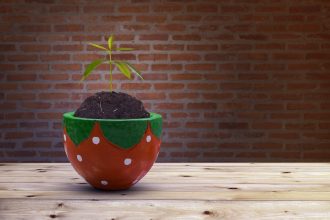Food crazes come and go, but sometimes a food’s reputation as a “superfood” lingers even after it ends up being proven to be a dud. People are often in such a rush to find the newest, best, most beneficial foods that we don’t take the time to learn more about them. As a result, we often end up thinking a food is healthy when it isn’t.
If you find it difficult to believe that people could get health so wrong, look at examples from history. It turns out people have a pretty long record of getting healthy foods wrong. In the early 1900s, people thought radioactivity was healthy and started selling water with radiation as a kind of miracle drink (of course, we now know that radiation causes cancer).
The following foods aren’t as harmful as radiation, but they’re also not as healthy as they’re widely believed to be. Here are some foods you might want to cut down on (especially if you’re only eating them for their “health benefits”).
Soy
The debates about soy as a healthy food are ongoing. Soybeans contain many vitamins and minerals, and are high in protein. There has also been some evidence (though studies conflict) showing that soy lowers cholesterol. But soy also contains large amounts of isoflavones, which can interfere with the body’s hormones. Isoflavones can be confused for estrogen by receptors, disrupting hormones and possibly leading to increased risk of breast cancer and thyroid problems. It seems like small amounts of soy are fairly harmless (people have been eating soy for a long time ), but if you’re purposely eating a lot of soy for health reasons, you might want to reconsider.
Fruit Juice
Fruit is healthy, and so it follows that fruit juice is healthy as well, right? Well, unfortunately, no. Often fruit juices aren’t even made from fruits—they’re just a cocktail of sugars and water. And even if you drink 100% pure fruit juice, you’re still basically just drinking a lot of sugar. In fact, fruit juice often has as much sugar as other sugar-sweetened beverages. As always, the healthiest way to hydrate is still water.
Whole Wheat Bread
The term “whole wheat” gets tossed around a lot, and for many consumers, it has come to stand in for the word “healthy.” In fact, most “whole wheat” products aren’t made from whole wheat flour at all, and even if they are, many whole wheat breads have approximately the same glycemic index as white bread. Whole grains, however, are better than white flour, so look for certified whole grain breads when you shop.
Alternative sweeteners
In many people’s minds, sugar is the biggest bad of them all. However, the things people use instead of sugar are often just as bad, if not worse. Aspartame, a sugar-free sweetener that’s been around for decades, has been suspected of being linked to everything from headaches to cancer. Meanwhile, even “healthy” alternatives to sugar like agave are still, essentially, sugar—just sugar in different forms. Agave is as high in fructose as regular refined sugar. Honey has a little less glucose and fructose than refined sugar, but it’s still essentially the same thing. The sad fact is that if you want less sugar in your diet, you have to cut down on all sweeteners.
Bran muffins (or muffins of almost any kind)
The word “bran” seems, to many people, to be an automatic indicator of health. In reality, even if muffins contain healthy ingredients like bran, seeds, nuts, or fruits, they’re still basically just giant balls of sugar and carbs. If you don’t make a muffin yourself, you can assume it’s chock-full of sugar, sodium, and often preservatives. So if you want a breakfast muffin you can trust, make it yourself, with ingredients you can feel good about eating first thing in the morning.
Iceberg Lettuce
Many of us were raised to believe that salad is healthy, and lettuce is the be-all end-all of health foods. However, not all lettuce is created equal, and some lettuce is little more than fibre and water (with salad dressing, your “healthy salad” is basically just oil). Iceberg has a lot less vitamins and minerals than its healthier cousin, romaine. As a rule of thumb, the darker green a lettuce, the healthier it is, so skip the wedge of iceberg lettuce and opt for a healthier romaine or green leaf lettuce. Your body will thank you.
Also on RNR:

























